“How many years can a mountain exist before it’s washed to the sea?
How many years can some people exist before they’re allowed to be free?
How many times can a man turn his head pretending he just doesn’t see?”
“There’s something liberating about not pretending. Dare to embarrass yourself. Risk.”
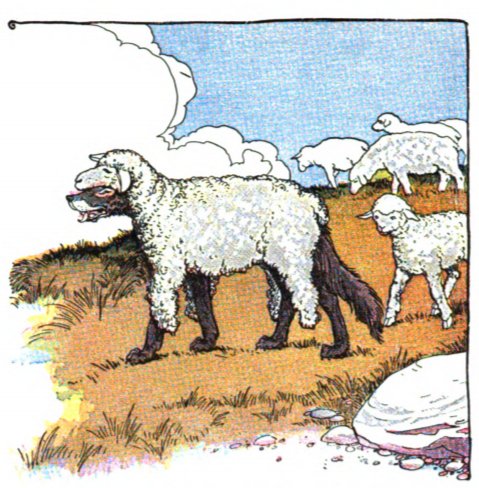
Our dog, Henri, is a big, brown Labradoodle with a loud, deep, fear-inducing bark that would give anyone pause to intrude uninvited. He pretends like he is a fierce wolf, but he is really more like a gentle lamb. When we take him on a walk he prances loud and proud pretending he is the master of the universe. The truth is that he is a compliant wimp who wouldn’t hurt a flea. When strangers come to the door, he licks them.
Pretending is defined as giving a false appearance and/or making believe. To me, it is fueled by false promises and sustained by faulty assumptions, e.g., in the case of COVID, promising the end is right around the corner and assuming that it will magically disappear.
In my attempts to effect change over the past 50 years in jails, hospitals, schools, businesses, and non-profit organizations, I have found pretending poses a significant obstacle to radically imagining what is possible and to the subsequent work of transformation. We like to pretend that we are something we are not.
We even pretend when we say “I” and truly believe we are truthfully representing who we really are.
Pretending extends to our most intimate relationships. In my 50 years of marriage, there are countless times I have pretended to be bigger or more important than who I am. My wife, on the other hand, pretends to be less than who she is. Don’t worry. She doesn’t reinforce my delusions.
This post will discuss how pretending manifests itself in our living, learning and working lives and then pose the question “What if we were to face the truth and radically re-imagine a different possibility?”
Let’s start with the current debate about policing. Many people like to pretend that the entire police force is free from bias, that systemic racism doesn’t exist in the police culture, and that violent over-reach only happens with a few rogue cops. On the other hand, there are many people who shout “defund the police” pretending that would solve the problem. Instead of getting into hostile confrontations about police funding, why not radically re-imagine what public safety might look like?
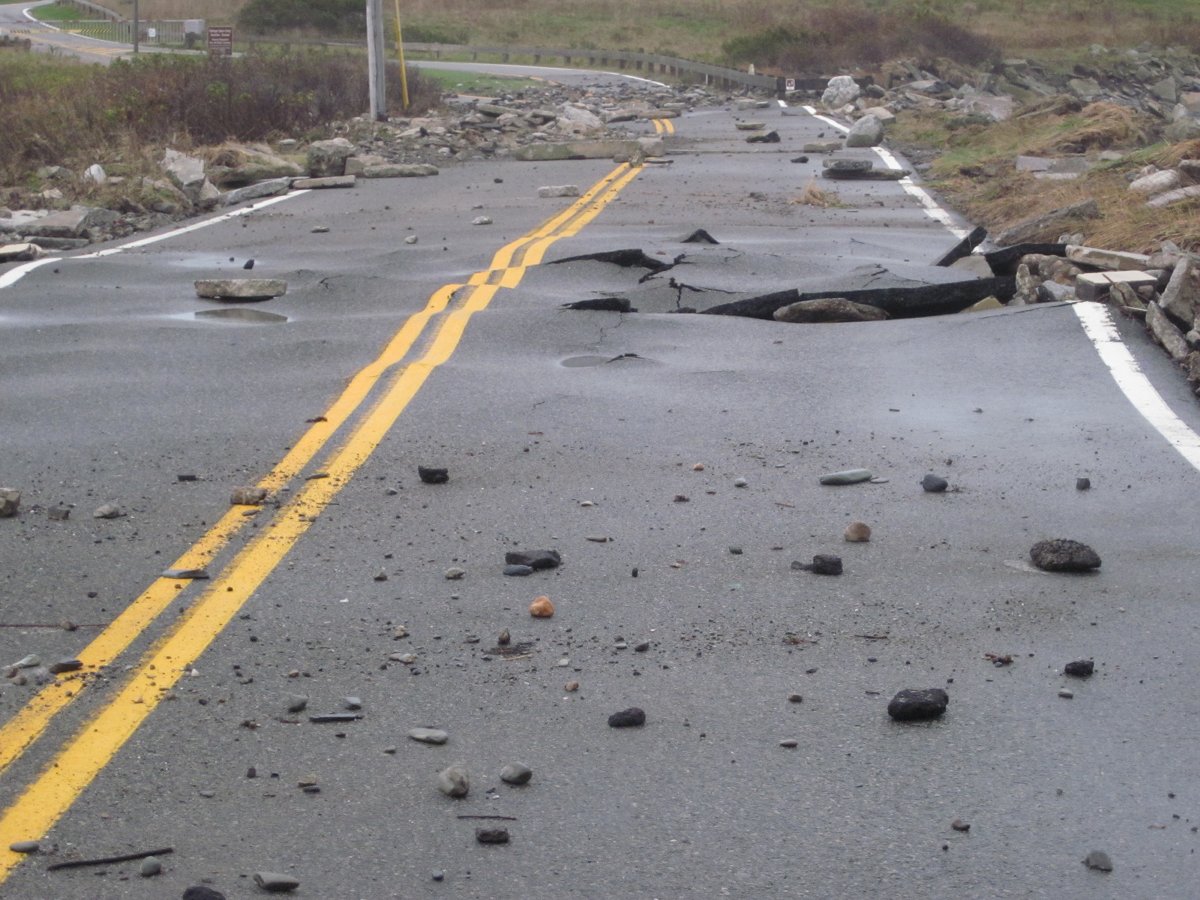
How about the current conversation about socialism. Many people pretend they are archly anti-socialist, but still have no trouble driving on public highways; sending their kids to public schools; cashing their social security checks, disability checks or government retirement checks; signing up for Medicare or Medicaid; calling 911 when help is required; sending a letter; using a public defender; enjoying state and public parks, using the internet and on and on. What if we radically re-imagined the role of government in our lives?
Religion, of course, is another obvious arena where there’s an abundance of pretending going on. Religious people often pretend to be noble while they support policies and people who treat people cruelly. They typically have a false sense of certainty and dogmatism—pretending to know the unknowable. Religious pretending exists across religions. I’ve studied Gnosticism, Buddhism, Kabbalism, Sufism, Mormonism, Hinduism, Jainism as well as the traditional religions of Muslims, Christians and Jews. Most of the strict adherents to those religions pretend they know the “one true way.” G.K. Chesterton probably captured the essence of religious pretending when he said,
“The Christian ideal has not been tried and found wanting; it has been found difficult and left untried.”
What if we radically reimagined what a spiritual life would feel like and look like independent of any religious dogma, constraints or ideologies?
Many corporate executives pretend that their titles and their bank accounts make them superior to their underlings. I’ve coached hundreds of executives who suffer from imposter syndrome. They worry, deep down, that they don’t have the substance to back-up their lofty positions of power, but they continue to pretend they are large and in-charge. What if these executives freed themselves to radically re-imagine what leadership really means?
On a national level, many people pretend that the US represents an exceptional democracy that deserves admiration and deference. Clearly, that is not true. We pretend we are the model for other countries to emulate while we top the charts for mass incarceration, military dominance, child poverty, infant mortality, unrepresentative minority rule, and systemic racism. We pretend we are the land of the free even though we have a 400 year history that begins with capturing Africans, stuffing them naked into the bowels of ships, selling them to the highest bidder, whipping them into submission and exploiting them until their bodies and souls finally collapse. Then, we pretend that that story is behind us while we continue to deny fair access to education, housing, transportation, medical care and the voting booth. We pretend that reconstruction ended slavery, Brown vs. Board of Education provided equal opportunity, and the 1963 Civil Rights Acts guaranteed fair housing, employment, and voter registration. What if we radically re-imagined how diversity, engagement and inclusion would benefit all?
On a global level, let’s talk about climate change. We pretend to speak alarmingly about global weirding, but continue to burn fossil fuels, use plastics, eat meat, drive SUVs, overheat and/or overcool our houses, build McMansions, consume and waste excessively, refuse to recycle, and dismiss extreme weather events. I wrote Ethical Leadership over 30 years ago to implore corporations to reverse their carbon footprints, but the trend lines keep going in the wrong direction. I guess you could accuse me of pretending that my words might make a difference. What if we radically re-imagined what sustainability and human responsibility mean in 2021?
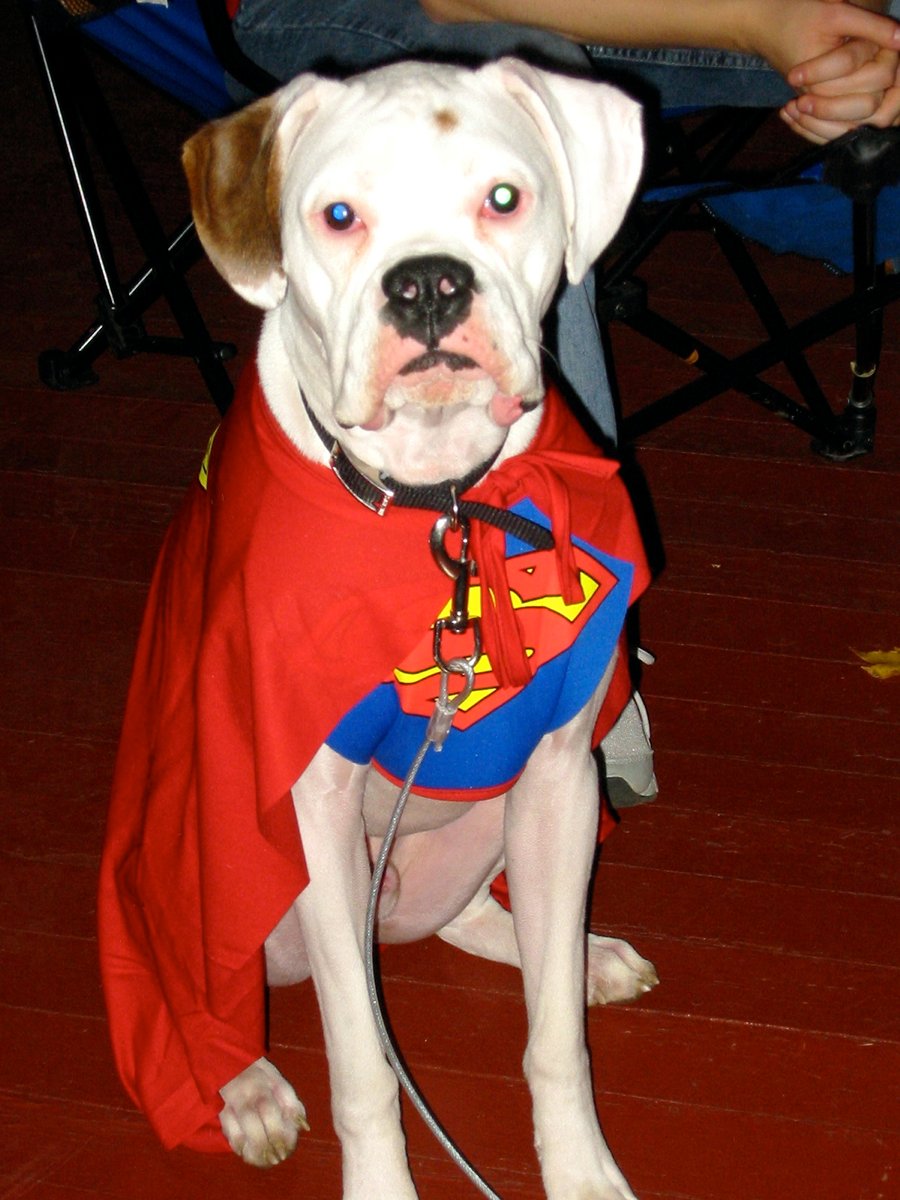
Sorry, but I can’t write a post on pretending without mentioning the Greatest Pretender of all times—the former president. In 1955, the Platters originally recorded The Great Pretender. Freddie Mercury recorded his rendition in 1987 which perfectly captures the last president. Little did he know how prescient he would be. The Former continues to pretend he was the best president in history while, according to the 170 members of the American Political Science Association, he was the worst. What’s amazing is that his supporters still pretend he won the last election contrary to all evidence and believe he was divinely chosen for the role. I’m not sure if that’s pretending or psychopathy.
In some ways, the Former reminds me of my dog Henri. He prances around pretending to be the biggest and baddest of all. He has a huge bark, but no bite—other than cowardly firing people who don’t meet his standards of loyalty and sycophancy. I really shouldn’t insult Henri with this comparison. Henri has a genuinely kind heart. He is unconditionally loyal and loving. He is endlessly generous with his compassion and wags his tail vigorously and joyfully whenever he sees you. He is completely authentic and doesn’t pretend to be anything more than the dog he is. Ahh, how much we could learn from Henri.
At the beginning of this post, I quoted some lyrics from “Blowing in the Wind.” I love Bob Dylan not only because he is a genius song-writer, but it seems to me he’s the real deal. He just is who he is. His lines tell the story so powerfully: “How many years can a people exist, before they are allowed to be free? How many times can a man turn his head pretending he just doesn’t see.”
I’m such a Dylan fan that I learned to play 5 of his songs on my guitar when I turned 75. I pretend every day that I can capture the soul of the times as well as he does. As I grow older, and hopefully wiser, I’m hoping I can take the risk to liberate myself from all my pretending.
I’m also hoping we can be more ruthlessly honest about acknowledging our own pretending as well as calling out the pretending of others. I hope we can be more rigorously creative in reimagining radical possibilities for ourselves, our loved ones, our communities, and our planet. Our pretending requires more than a tepid , timid, tenuous, and traditional response. May it be so.
Also published on Medium.
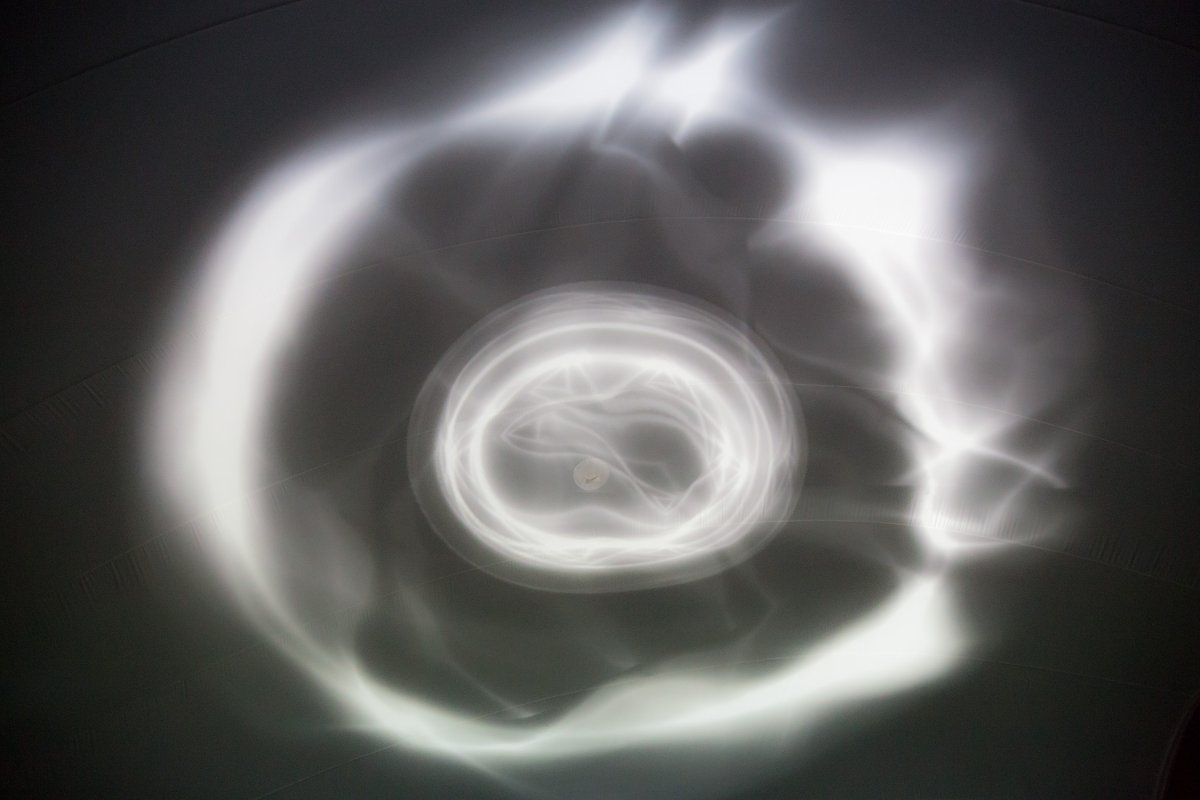
![The Library of Congress Hughey Gold [child with football]](https://rickbellingham.com/wp-content/uploads/2018/12/hugheygoldfb-2.jpg)
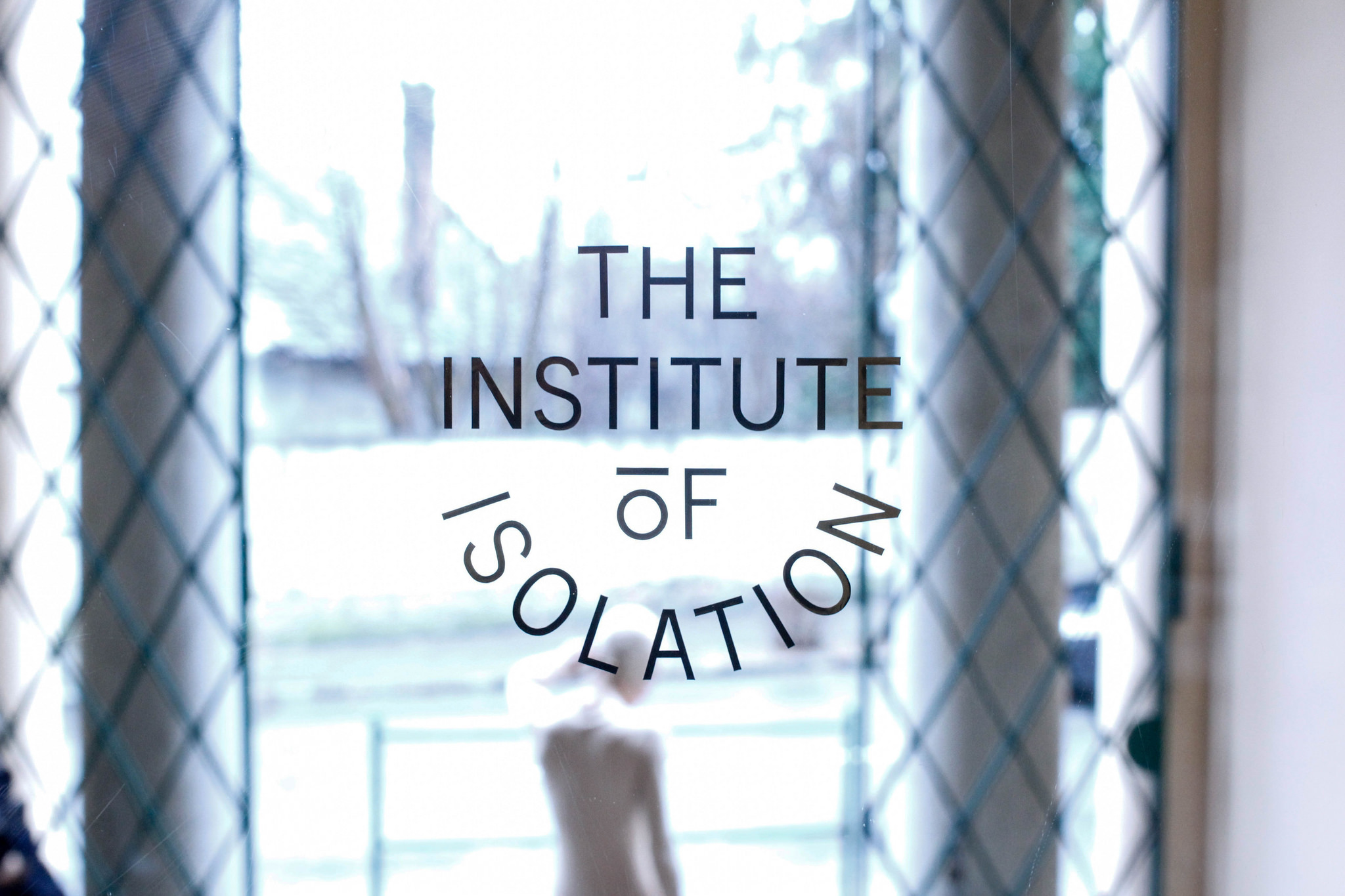
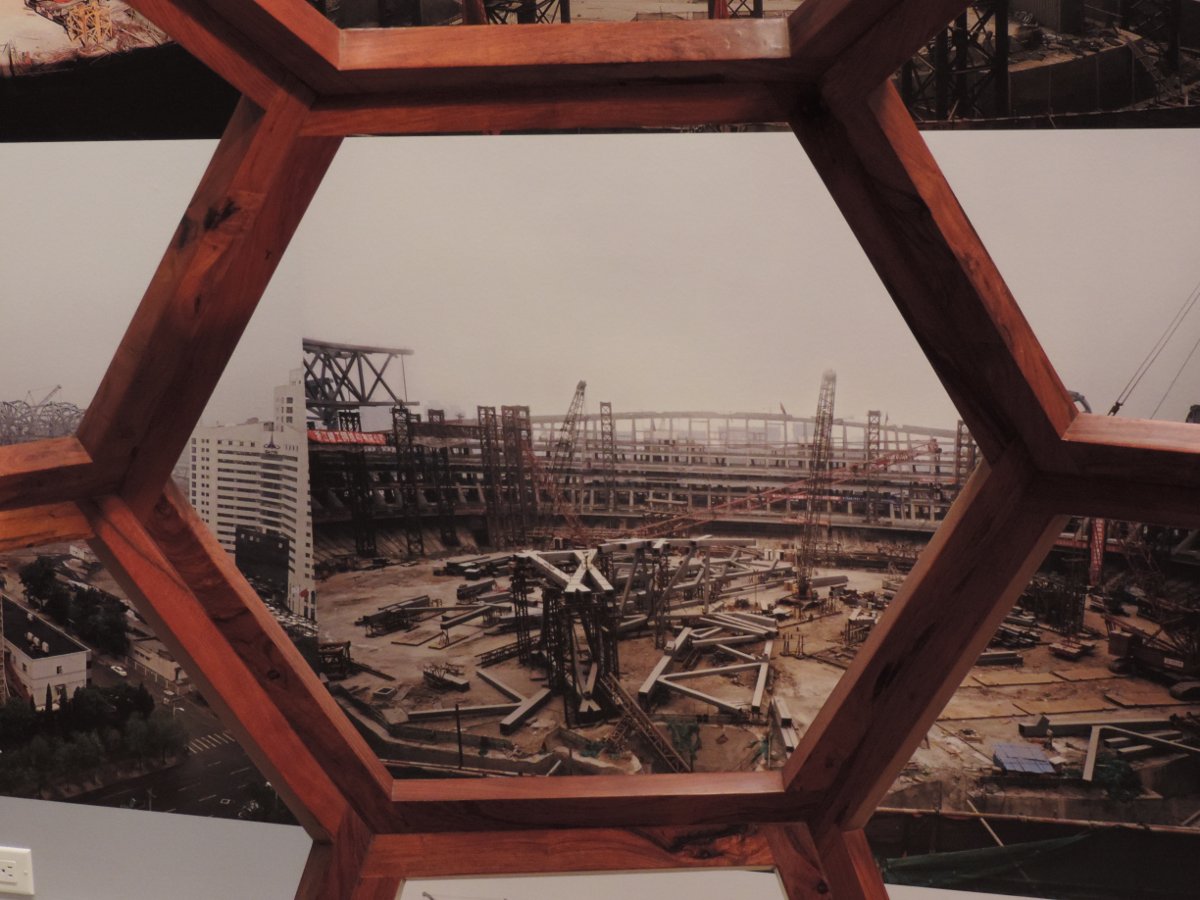
Love it Ricky